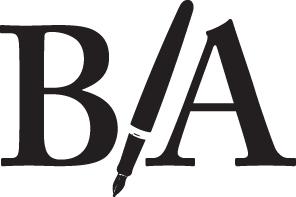"How Do You Do?" (And Other Ways We Confuse Language With Communication)
Language is an oddity. Communication is complex.
We put sounds together to create meaning. To communicate. But sounds don't communicate the same thing.
I can read out loud one of the 17,677 words used by Shakespeare, and it will more or less mean something.
At least, to me. And, likely, to the billion or so other people who speak English as a first or second language.
Another person can put similar sounds together in different order, and they have meaning for her. And the billion or so other people who speak Chinese.
But I have no real ability to communicate with a Chinese person, even though we are able to each make the same sounds.
Same sounds, basically. But different meanings.
It's especially weird when it comes to swearing. If my mouth makes the sound "bitch" it's a vulgar insult in English.
But to the 5 Million or so people who speak Mongolian language the exact same sound is a command to write. It's something elementary teachers would say to their students every day.
But, communication is not just about sounds. It's also about context.
I could ask someone, "How do you do?"
The response could be, "Well, thank you."
Or the response could be a confused look and an astute, logical question. "How do I do what?"
"What does your shirt say?" More confusion. Shirts can't talk.
"Let's line up" Does this mean you want me to draw something on the wall?
Language and communication are not equivalents. Language is a tool. Communication is a process.
It's best to not confuse the two.
“Language, never forget, is more fashion than science, and matters of usage, spelling, and pronunciation tend to wander around like hemlines.”

